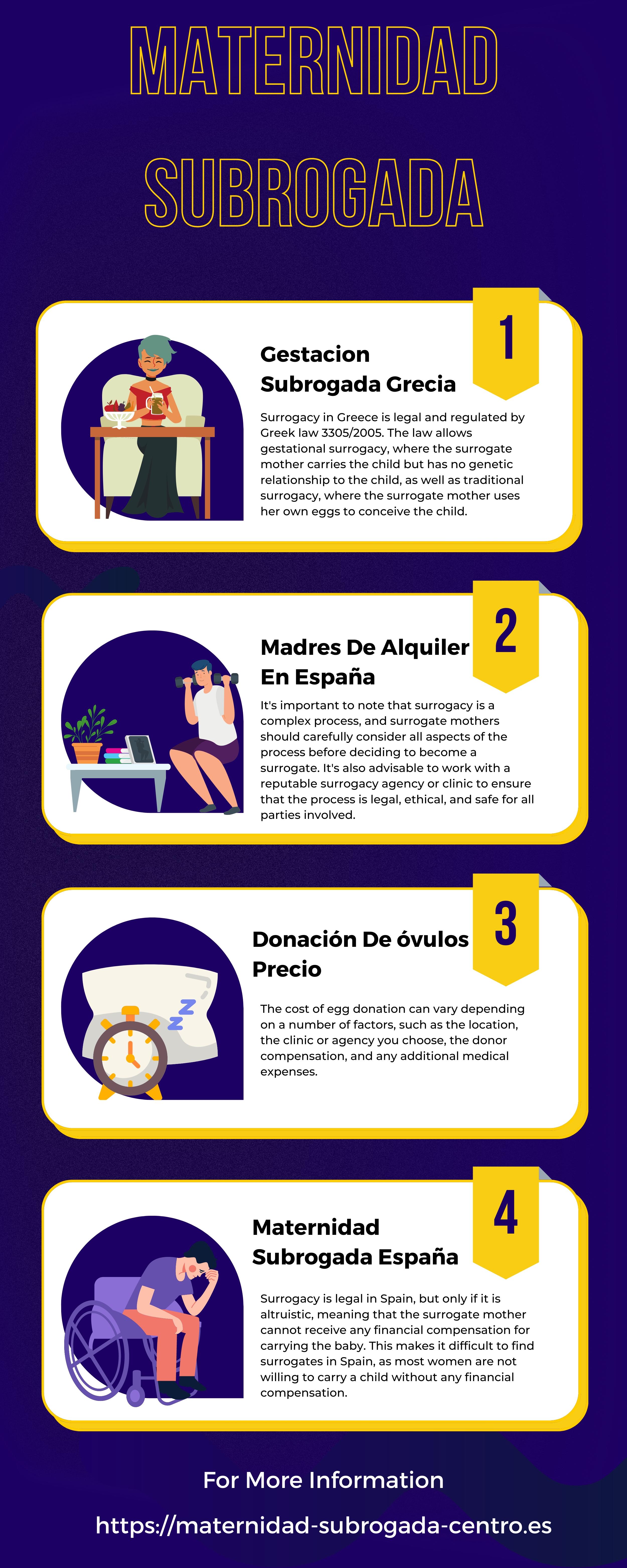
Surrogate motherhood is the practice of a woman carrying and giving birth to a child on behalf of another individual or couple who cannot conceive or carry a pregnancy themselves. Surrogacy can be achieved through traditional or gestational methods.
In traditional surrogacy, the surrogate mother is artificially inseminated with the intended father's or a donor's sperm. The resulting child is genetically related to the surrogate mother.
In gestational surrogacy, the surrogate mother carries an embryo created through in vitro fertilization (IVF) using the intended parents' or donors' sperm and eggs, or a combination thereof. The resulting child is not genetically related to the surrogate mother.
Surrogacy is a complex and controversial issue, with different legal and ethical considerations in different countries. Some people view it as a means to help individuals or couples who are struggling with infertility, while others argue that it commodifies women's bodies and exploits the poor.
The use of surrogacy is regulated or prohibited altogether in many countries, while it is allowed and even encouraged in others. It is crucial to ensure that all parties involved, including the surrogate mother, intended parents, and the child, are fully informed and protected throughout the surrogacy process.
